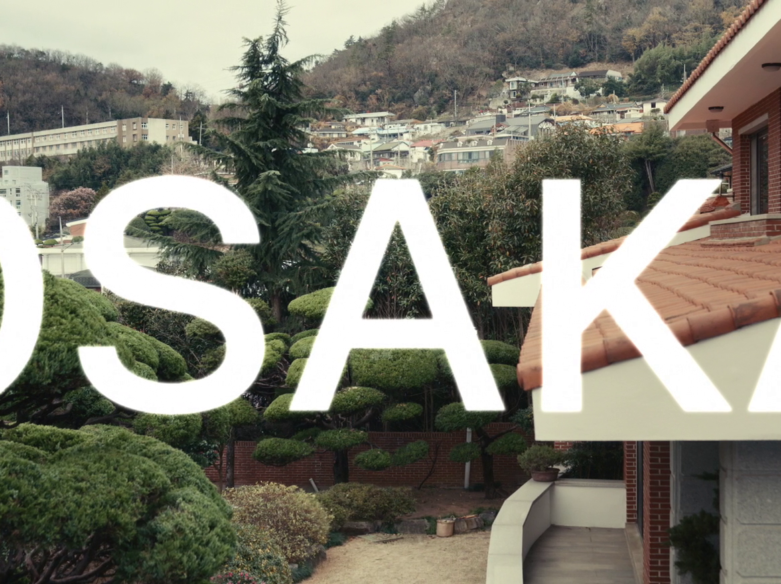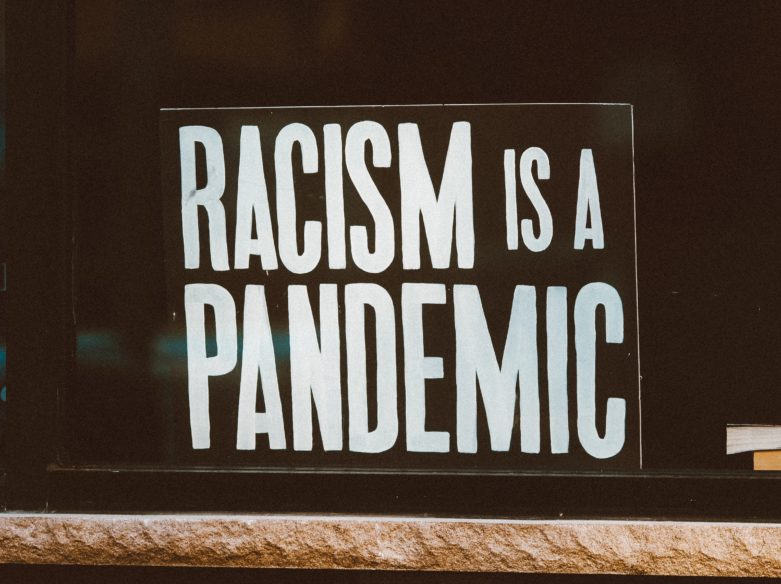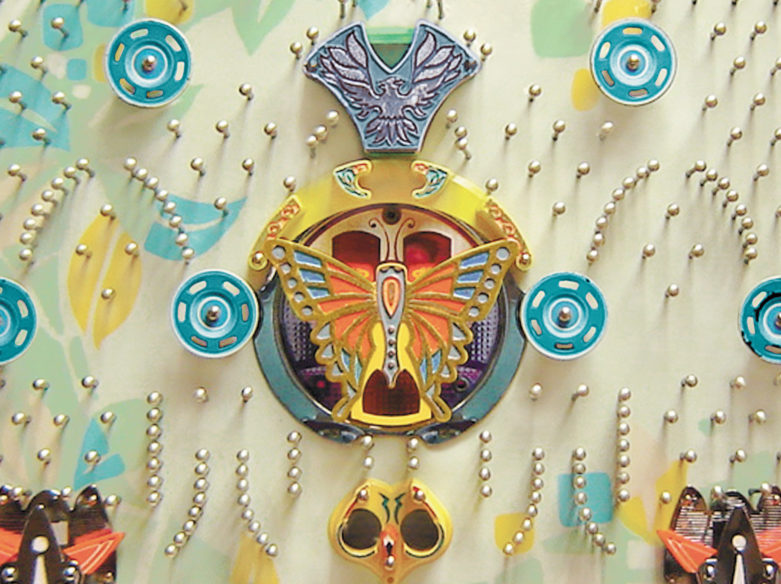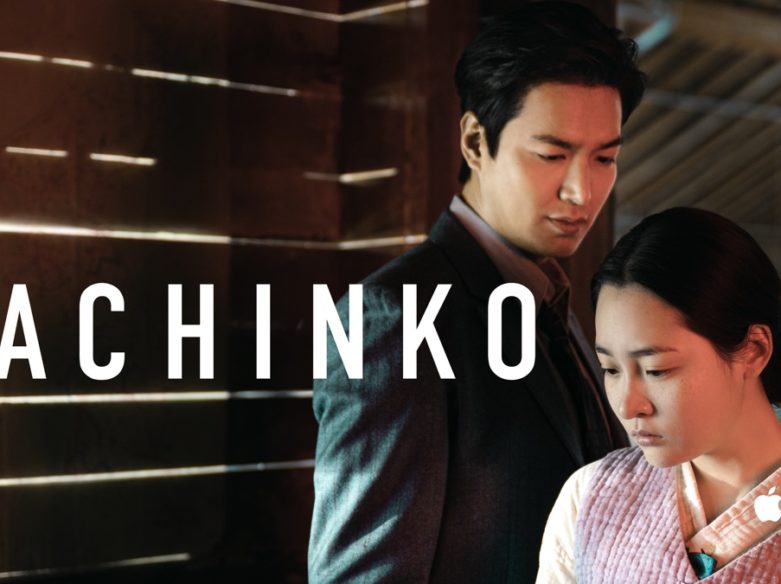Revered and Reviled: Literary Fathers across the Pacific
Yoon Sun Yang compares father figures in Pachinko and “Run, Dad” The late Kevin O’Rourke’s otherwise readable English translation of

Pachinko, Ikaino, and the Literary Uses of Space
Julia Clark on Zainichi Geographies The relationship between place and identity, and the way that one’s sense of self is

Min Jin Lee’s Pachinko: The Fight Against Structural Racism and the Time-Lag of Translation (Zainichi, COVID, #BLM)
Sakasai Akito ruminates on Pachinko and social unrest Korean-American author Min Jin Lee’s Pachinko has achieved enormous popularity among English-language

On Min Jin Lee’s Pachinko and the Translation of “Zainichi”
Christina Yi on the fraught history of the term, “Zainichi” and its inadequacies Min Jin Lee’s Pachinko is the first

Coming Soon
We will soon post a number of posts and articles targeting a general audience on the rich history, context, and

Regarding Pachinko, from a Korean American Perspective
In this post, Adhy Kim highlights Pachinko’s Korean American roots. Back in 2017 when I first learned about the release